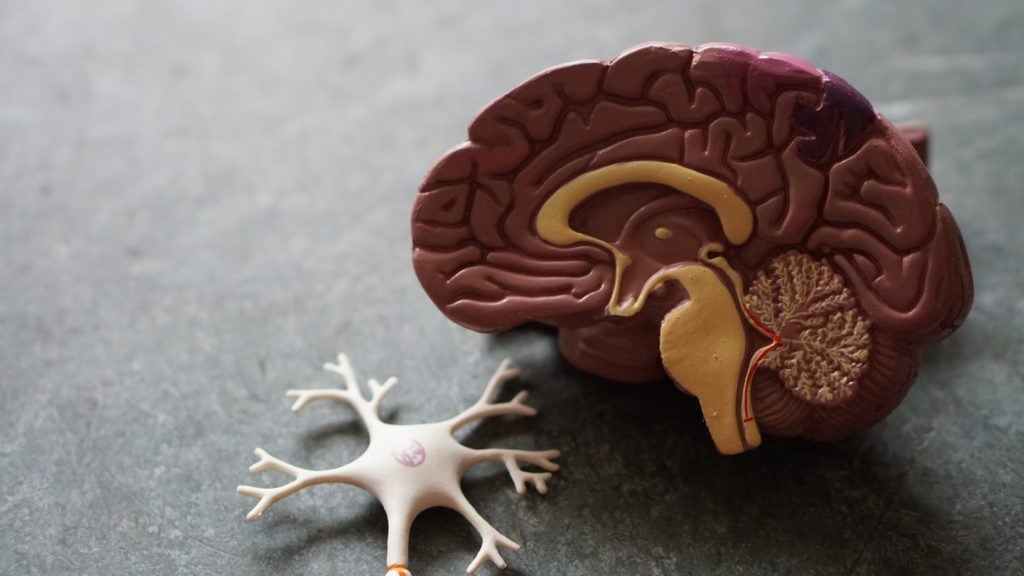The most recent medical discovery for cannabis found that THC may not be the best cannabinoid for Alzheimer’s. The Salk Institute for Biological Studies in La Jolla, California discovered that CBN has more potential to treat age-related neurodegenerative diseases. Linking to past research with mice, scientists noticed a clear connection between cannabis and Alzheimer’s.
To break down the science, Oxytosis, which is thought to be a cause of Alzheimer’s, damages and ultimately kills cells. After treating the cells with CBN, an agent to stimulate the nerves damaged from Oxytosis, and the subsequent oxidation, was introduced. Oxidation caused the mitochondria to stop functioning properly, which is common for those with Alzheimer’s. CBN stood out as it kept the mitochondria functioning properly despite oxidation.
Pamela Maher, one of the senior authors on the team, is working to find other ways that cannabinoids aid further. She asserts that research on it is crucial: “This discovery could one day lead to the development of new therapeutics for treating this disease and other neurodegenerative disorders, like Parkinson’s disease.” She further noted the need for more study on lesser-known cannabinoids. “We’ve found that cannabinol protects neurons from oxidative stress and cell death, two of the major contributors to Alzheimer’s.”
CANNABIS AND ALZHEIMER’S
To ensure the claim, they replicated the experiment. The cannabinoid didn’t have the same protective effect on nerve cells with the mitochondria removed. Furthermore, Cannabis is making the rounds in medical discoveries lately with more focus on cannabinoids. The discovery that CBN protects aging brain cells is a triumph for cannabis research and the community. The shift away from THC further solidifies cannabis as medicine against the stigma.
“CBN is not a controlled substance like THC, the psychotropic compound in cannabis, and evidence has shown that CBN is safe in animals and humans. And because CBN works independently of cannabinoid receptors, CBN could also work in a wide variety of cells with ample therapeutic potential.”
Zhibin Liang, co-author on the study
The study went further into the benefits of CBN versus THC. Since CBN doesn’t interact with the active cannabinoid receptors in our brain, it doesn’t produce a “high” effect. It’s a further benefit to many who want the benefits of cannabis without the other effects. As I mentioned, recent studies have investigated cannabinoids besides THC for medical reasons. As more proven science comes out, faith medical cannabis grows.







